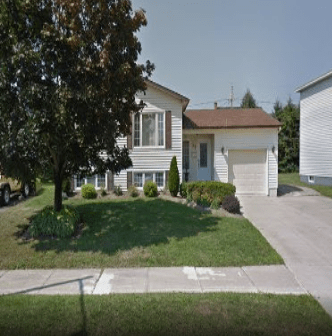How Massage Therapy Can Help Reduce Stress, Anxiety and Depression
Anxiety is your body’s natural response to stress, a feeling of fear, nervousness or apprehension about what’s to come. Excessive anxiety affects millions of people and can happen at any age. It can be caused by many different factors such as trauma, a loss of a family member, money, health, stressful life events, etc. Symptoms can include – feeling restless, fatigued, lack of concentrating, sleeping problems, muscle tension.

Feelings of anxiety and depression can quickly take over your life, changing how you feel and function on a normal basis, creating problems with work and cause you to become more distant from family and friends. The more severe your symptoms become the less you want to deal with the real world.
The use of massage therapy to treat anxiety and depression has gained popularity over the years. Massage can help release certain hormones within the body. Cortisol increases stress, anxiety and depression and is responsible for the “Fight or Flight” response within the body. When too much cortisol is released in to the body it increases stress levels. A massage can help flush out the excessive cortisol and replace it with positive hormones such as endorphins, serotonin and dopamine which will help decrease stress and increase relaxation.
Common massage techniques used to decrease stress and increase relaxation are Swedish massage and therapeutic massage. Swedish massage uses a more gentle and superficial approach to improve circulation, decrease pain and tension, and promote relaxation. Deep tissue massage focuses on the tension and pain in the deeper muscle layers. Trigger point therapy is a very effective technique used to break up the build up of stress and tension also known as Knots (trigger points can cause referred pain).
Massage Therapy isn’t going to cure anxiety or depression but can help with some of the symptoms including decreasing stress, improving sleeping problems, relieving muscle and joint pain.
How often should you get a massage for stress, anxiety or depression
If your feeling better after your first massage treatment and wondering how often you should get a massage to continue feeling better. It’s going to depend on you, how you’re feeling, how severe your symptoms are, what’s being treated. You could start off getting a massage once every week or two and see how you’re feeling. The better you feel the less often you’ll need treatment and increase time between massages to once a month. This is different for everybody and will need to be discussed between you and your massage therapist.
Other treatments that can help with stress, anxiety and depression include – Doctor recommended medications, support groups, stress management, healthy eating, avoiding caffeine and illegal drugs, acupuncture, regular exercise, yoga, meditation.


